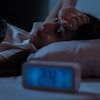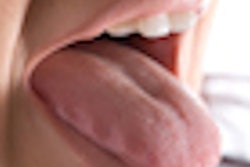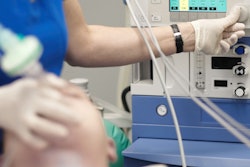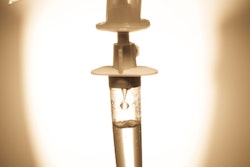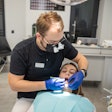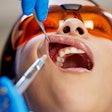
Safe, successful dental treatments in special needs patients depend on choosing the right anesthetic methods and equipment and having a skilled staff, according to a recent study.
The use of local anesthesia is sufficient for completing simple dental treatments, with 90% of the patients in the study tolerating it, the researcher found. About 7% of patients needed additional analgesia, and about 3% of patients were given narcotic analgesics in treatments that caused severe pain.
"Complications can be reduced by utilizing the appropriate anesthetic approach and taking serious precautions in patients with special needs," wrote study author Hatice Akpinar, MD, of the department of oral and maxillofacial surgery's unit of anesthesiology and reanimation at the University of Süleyman Demirel in Isparta, Turkey (Journal of Dental Anesthesia and Pain Medicine, August 2019, Vol. 19:4, pp. 191-199).
Special care for special needs
Disabilities can create challenges that can prevent patients with special needs from accomplishing daily activities, such as self-care. Their inability to take care of themselves can lead them to develop health issues, including dental problems.
Dental checkups and treatments require good levels of communication and trust, which can be difficult when clinicians need to work on patients with different physical, mental, and developmental disabilities. Therefore, sedation and general anesthesia often are considered the most humanistic approaches for providing these patients with comfortable, successful treatments.
The study aimed to provide content about the different anesthetic approaches used in special needs patients. Currently, no standard method exists due to the patients' varying clinical conditions.
The study included the medical records of 710 patients with special needs who were treated with general anesthesia or sedation. The patients ranged in age from 1 to 68.
For comparisons, the patients were evaluated according to the following groups: Down syndrome, other syndromes, psychiatric disorders, physical disabilities, and complicated medical stories. Complicated medical stories included those patients who had conditions that affected their mental and motor abilities, such as cerebral palsy and spina bifida.
About 73% of patients were given general anesthesia and approximately 22% were sedated, according to the study findings. The mean duration of anesthesia was about 43 minutes.
Simple dental treatments were performed in patients in all groups, but the most common complications were found in those from the other syndromes group, the author noted.
The patients with other syndromes underwent maxillofacial procedures to correct facial deformities caused by self-injurious behaviors. Clinicians shortened anesthesia periods as much as possible for those in this group due to their life-threatening conditions.
Despite taking these steps, the author found that clinicians could not provide optimal treatments for these individuals. They only performed symptomatic and not restorative treatments on these patients.
Due to the difficult vascular access in other syndrome patients, sevoflurane inhalation was used to extract teeth. Though very few patients were administered general anesthesia, this group experienced the highest complication rates, according to the author.
Patients with Down syndrome had specific diseases and conditions, such as respiratory system-related anomalies and severely low heart rates, that affected the types of anesthetic approaches that would be used.
Sedation was chosen for patients with Down syndrome due to intubation difficulties. During sedation, clinicians also avoided breathing and depressing doses. Also, the combination of ketofol was most used in this group.
Personalized approaches to care
The author reported no study limitations or complications and noted that the findings showed that dental procedures can be performed safely in patients with special needs.
"Although this is a complex subject, the common point was that all these patients required special care during dental procedures," Dr. Akpinar wrote.




